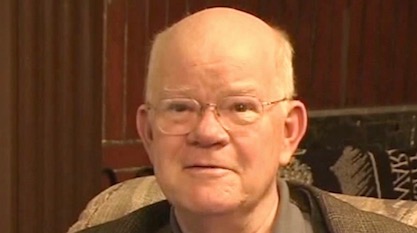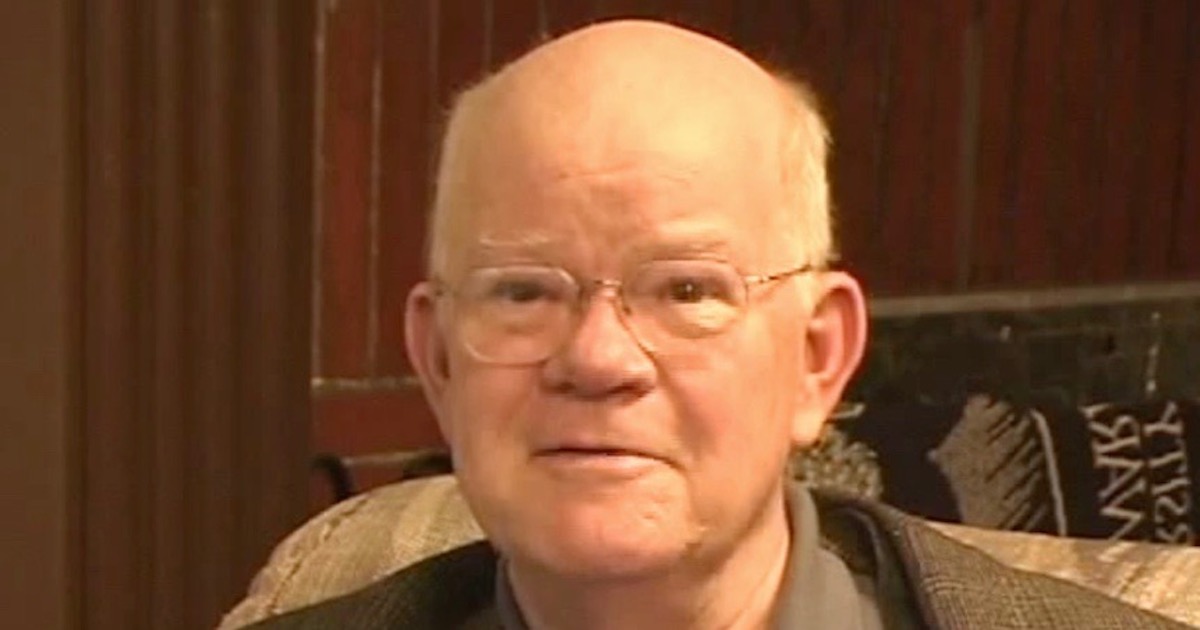 Evolution
Evolution
Remembering Phil Johnson: Visiting San Fran Will Never Be the Same


Editor’s note: Phillip E. Johnson, Berkeley law professor and author of Darwin on Trial and other books, died on November 2. Evolution News is sharing remembrances from Fellows of Discovery Institute. Dr. Denton’s latest book is Children of Light: The Astonishing Properties of Sunlight that Make Us Possible.
I was so sad to hear that Phil Johnson is no longer with us. I first met Phil after he invited me to stay with him in San Fran in the late 1980s after he had read Evolution: A Theory in Crisis. When I asked him on the phone from Sydney how I would recognize him in the arrival hall he said, “I’ll be holding up a copy of Evolution.”
As I was travelling from Sydney to the U.S. several times a year in those days, working on retinal genetics with colleagues at the NIH, it was easy for me to arrange a stopover with Phil. What followed were three delightful days including some fine dining, my first glimpse of the Golden Gate Bridge, walks in the Marin County area, and an obligatory but equally delightful walk through Muir Woods. Phil was a wonderful host. As I found out during the course of what seemed like endless conversations each evening, on every conceivable aspect of evolutionary biology, he was ready to engage in a vigorous anti-Darwinian campaign. At the time he was planning his first book, Darwin on Trial.
Differences on Strategy
It pleased me to find out that his reading of Evolution was one of the major influences that motivated him to take up the fight. However, I didn’t see eye to eye with Phil on everything, including what might be the best strategy in mounting an anti-Darwinian critique over the coming years. Phil was primarily focused on the challenge to Darwinism posed by the extreme adaptive complexity of living things, what Michael Behe latter referred to as “irreducible complexity.” He saw this rightly in so many cases as impossible to explain outside of a teleological framework. I agreed with him on this point, but suggested that in the long run a more broad-based critique of the pan-adaptational basis of Darwinian claims might gain more traction in academic circles.
Another Type of Order
I recall on one of our walks alluding to the fantastic diversity of leaf patterns and other botanical patterns as evidence of another type of order in nature, inexplicable in terms of Darwinian adaption. But his focus remained on the challenge of complex adaptation. My last meeting with Phil was only last year when he again invited me to his home. Although his health was failing after a severe stroke, the old spark was still there. His anti-Darwinism and enthusiastic support of intelligent design were undiminished. I will miss him. Visiting San Fran will never be quite the same.
Image source: “The Right Questions — An Interview with Phillip E. Johnson,” by Access Research Network via YouTube (screenshot).
